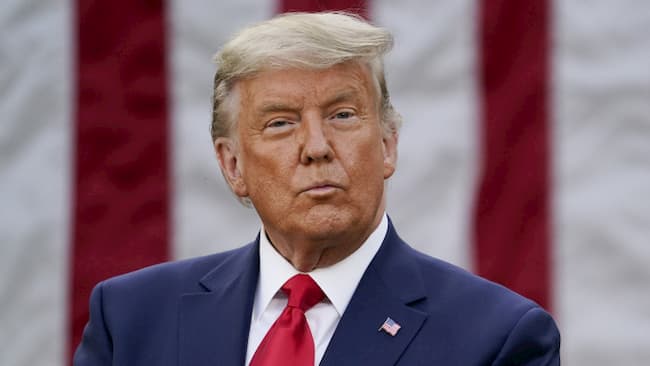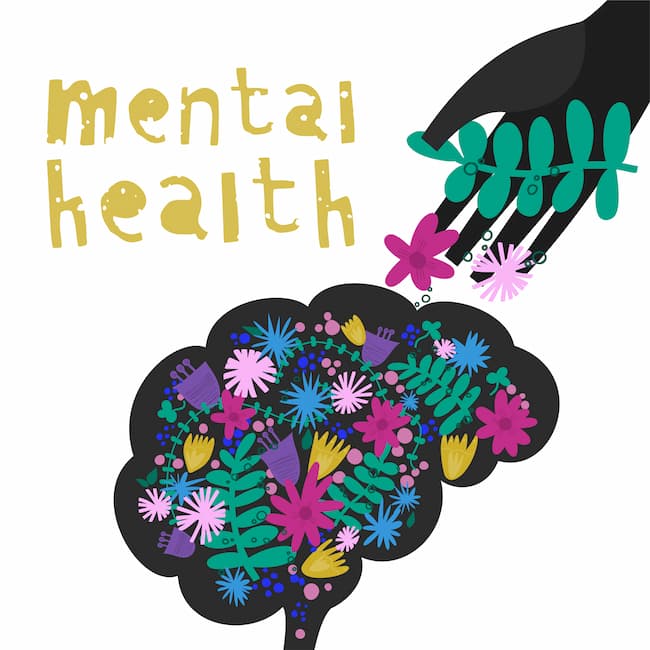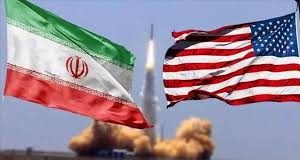The Trump administration has officially ended its financial support for the United Nations program on HIV/AIDS (UNAIDS), delivering a major setback to global efforts in fighting the disease.
This decision is part of a broader move by the administration to reduce American involvement in international health and anti-poverty initiatives. The notice was issued by Peter Marocco, a Trump loyalist overseeing cuts in U.S. overseas aid programs through the U.S. Agency for International Development (USAID). In a letter to UNAIDS, Marocco stated that the funding termination was made “for the convenience of the U.S. government” and aligned with national priorities.
Impact on Global HIV/AIDS Efforts
The U.S. had been the primary international donor for HIV prevention in low- and middle-income countries, contributing about two-thirds of global funding, mostly through the President’s Emergency Plan for AIDS Relief (PEPFAR). This initiative, launched in 2003 under President George W. Bush, has financed approximately 70% of the global response to AIDS.
Several nations, particularly those heavily reliant on U.S. assistance, are expected to suffer significantly from these funding cuts. Countries like the Democratic Republic of Congo, Ivory Coast, and Haiti, which have high HIV infection rates, will face severe setbacks in their health programs.
A study by the Desmond Tutu HIV Foundation estimates that these funding cuts could result in up to 500,000 deaths in South Africa over the next decade. Additionally, around 500,000 new HIV infections may occur due to the loss of USAID-backed health services.
Initial Freezes and Subsequent Disruptions
At the start of Trump’s presidency, foreign aid, including HIV treatment funding, was temporarily frozen. A waiver introduced on February 1 allowed some critical services to resume, enabling 20 million people with HIV to continue receiving medication. However, uncertainty and funding inconsistencies have already caused major disruptions in HIV response efforts across 55 countries.
The UN reports that since the funding freeze, Ivory Coast’s HIV services have nearly collapsed. Prior to this, U.S. programs had provided life-saving assistance to 85% of the country’s 265,000 HIV-positive individuals. While some services resumed after the waiver, many U.S.-funded HIV prevention programs remain shut down.
Winnie Byanyima, Executive Director of UNAIDS, warned on social media that “any reduction could severely disrupt lifesaving prevention programs, risking new infections and reversing progress to end AIDS.” With UNAIDS operating in 70 countries, the funding cut is expected to have devastating consequences on global HIV/AIDS prevention and treatment efforts.













